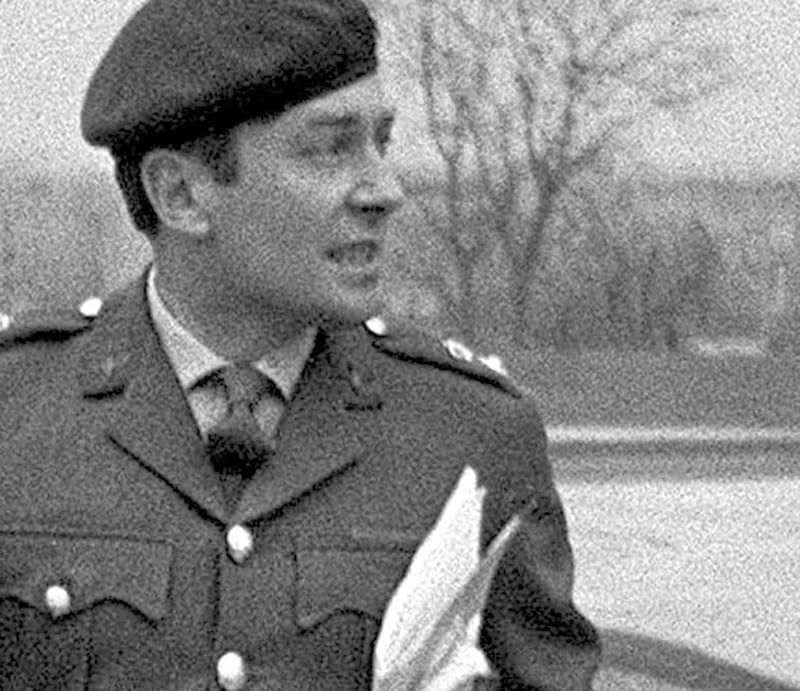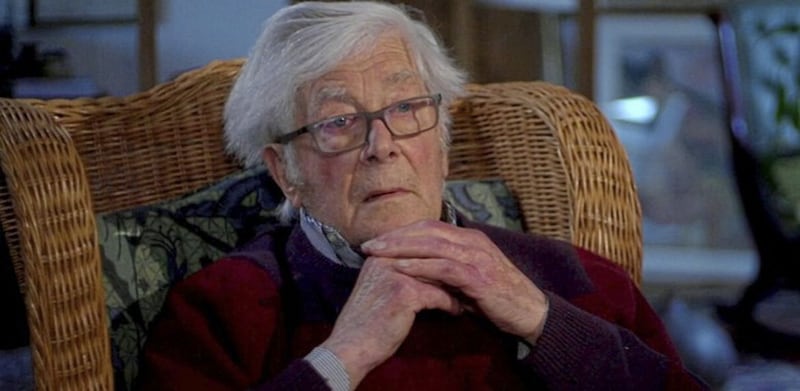For almost 52 years, Derek Wilford has been the public face of the Bloody Sunday soldiers.
As Lieutenant Colonel, he led the soldiers of One Para into the Bogside where they killed 13 anti-internment protesters with a fourteenth victim dying later. They also wounded and brutalised many other innocent men and women who had taken part in the 1972 protest.
A high-flying officer, Wilford took pride in the tough reputation of the Parachute Regiment. He boasted that his men would not be “Aunt Sallys” in the Bogside, there only to soak up abuse from rioters.

The victims of his philosophy were: John Young, Gerard McKinney, William McKinney, Gerald Donaghey, John Duddy, Michael Kelly, Michael McDaid, Hugh Gilmour, Kevin McElhinney, Berard McGuigan, Jim Wray, Patrick Doherty, William Nash and John Johnston who died later from his injuries.
Wilford and his soldiers opened a scar in Derry and Ireland which, for some, still hasn’t been healed. Added to the anguish and pain of the Bloody Sunday families, the actions of Wilford’s soldiers fanned the already burning fires of the Troubles. The fact that he was rewarded for his actions by the British establishment with an OBE from the Queen rubbed salt into an already festering wound.
Read more:
- Bloody Sunday commander Derek Wilford left 'terrible legacy' says victim's son following his death aged 90
- Victims criticise Parachute Regiment inclusion in coronation
In 2010, he was criticised in the Saville report which found that he ignored orders and allowed his troops to go into the Bogside. Despite that finding, he rejected the clear evidence against his soldiers, always claiming the killers were innocent of any wrong-doing.
On a personal level, Bloody Sunday had a devastating impact on Wilford’s life. Ten years after the killings, he resigned from the army as a full colonel. He claimed that he and his men had been “scapegoated” over Bloody Sunday. His marriage broke down when his first wife questioned if the Bloody Sunday dead had been shot deliberately and he became estranged from is son, who was also an officer in the Parachute Regiment.

In an interview with television journalist, Peter Taylor in 2019, he admitted that Bloody Sunday “destroyed” his world.
In a separate interview, he said: “It contributed to the breakdown of my relationships with the army, my wife and my son. I became anxious, angry and bitter.”







